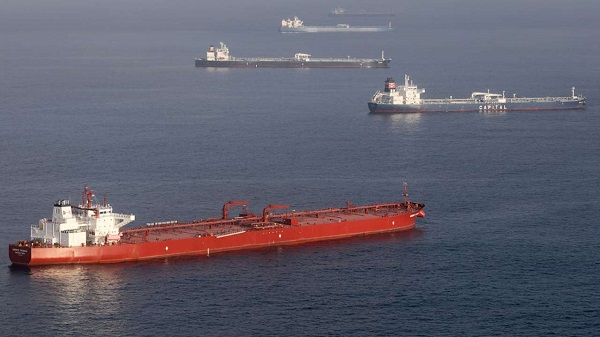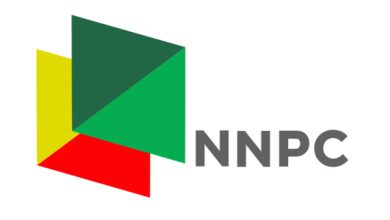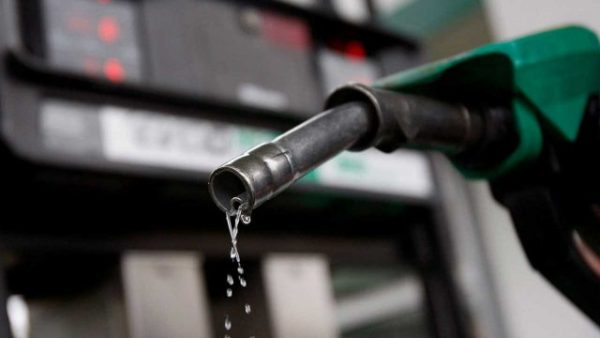Petrol imports from Russia rises by 84% – Report

Nigeria’s petrol imports from Russia have increased by 84 per cent in one year to 3.8 million litres (24,000 barrels) in 2023 from 558,300 litres (3,700 barrels) in 2022, data obtained from Argus West Africa Oil on Nigeria’s gasoline, the European trade overview has shown.
Russia has been exploring other markets after the European Union, UK and the United States placed embargoes on its oil because of the invasion of Ukraine.
A separate report by S&P Global said, “While shipments to European countries, like France and Belgium, have cratered in recent months, shipments to African countries—particularly northerly ones—have skyrocketed, particularly after the EU embargo on product imports came into force,” it said.
While EU countries, US and others have openly condemned Russia’s invasion of Ukraine, African countries have refused to condemn Vladimir Putin’s full-scale invasion of Ukraine.
The Organisation of Petroleum Exporting Countries, of which Nigeria is a strong member, has maintained oil trade and alliances with Russia, a non-OPEC member, which has been a strong party to the Declaration of Cooperation oil cuts since 2014/2015.
According to Argus, while Nigeria has imported around 265,000 b/d of petrol from 2016 – July 2023, with approximately 228,000b/d imported from Europe, the country’s imports from Russia have spiked to 24,000 b/d in 2023, compared with 3,700 b/d last year.
S&P Global said Russia’s refined product exports to Africa had jumped since the invasion of Ukraine, increasing 14-fold in just over a year.
“By March 2023, imports from African countries such as Nigeria, Tunisia, and Libya jumped sharply to 420,000 b/d,” it stated.
Quoting experts, S&P Global says a new “scramble for Africa” has increased since the invasion began early last year, with Russia, China, the US, Turkey, Gulf states, and former colonial powers Britain and France all scrambling for influence in Nigeria.
“Russian mercenaries with the Wagner Group have provided security for African rulers in return for lucrative mining contracts, and Russian energy companies have eyed investments on the continent.
“Russia was a key product supplier to the European market before sanctions, especially of diesel, fuel oil, and naphtha,” a senior analyst of near-term oil markets at S&P Global, Rebeka Foley, said.
“But the market has re-balanced—in light of sanctions, more Russian diesel has been heading to Africa, Turkey, the Middle East, and Latin America.”
In the first quarter of 2022, Tunisia imported just 2,700 b/d of Russian products, but that rose to 66,300 b/d in Q1 of this year, according to S&P Global Commodities at Sea data, while Nigeria saw imports rise almost five-fold year-on-year to 57,400 b/d in Q1 2023.
“Nigeria is not one of the countries that sanctioned Russia. So, as a policy, Nigeria does not belong to any alliance. So, it is not out of place for Nigeria to patronise Russia. Besides, Russian petrol is being discounted. So, Nigeria is taking advantage of that, just as China and India are also doing the same.
“Diplomatic foreign policies are driven by economic and security interest and not social interest. So, Nigeria is patronising Russia because it supports both its economic and security interests,” the Chief Executive Officer of Cowry Asset Management Ltd, Johsnon Chukwu, told media.







